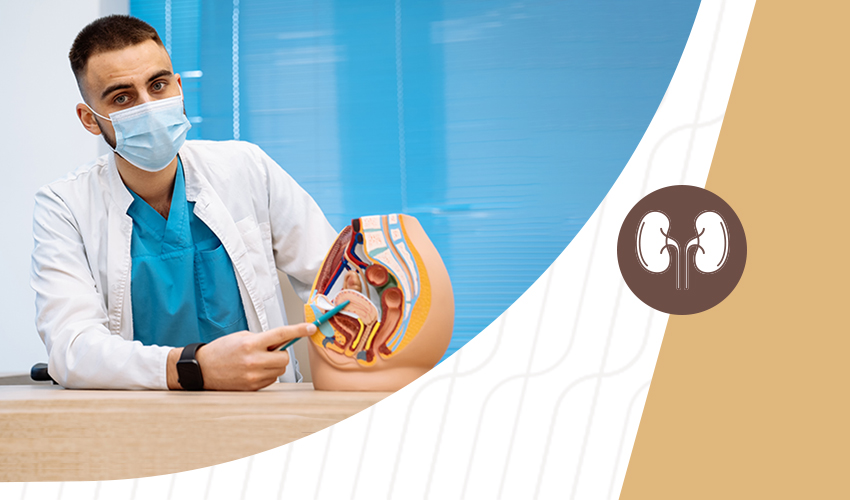- Our Doctors
- Our Specialities
Centres of Excellence
-
 Centre for Blood Diseases, BMT & Cancer Immunotherapy
Centre for Blood Diseases, BMT & Cancer Immunotherapy -
 Centre for Bone, Joint & Spine
Centre for Bone, Joint & Spine -
 Centre for Critical Care Medicine and ECMO Services
Centre for Critical Care Medicine and ECMO Services -
 Centre for Gastrosciences
Centre for Gastrosciences -
 Centre for Heart & Vascular Care
Centre for Heart & Vascular Care -
 Centre for Nephro-Urosciences
Centre for Nephro-Urosciences -
 Centre for Neurosciences
Centre for Neurosciences -
 Centre for Obstetrics and Gynaecology
Centre for Obstetrics and Gynaecology -
 Centre for Organ Transplantation
Centre for Organ Transplantation
Super Speciality
-
 Advanced Diagnostic and Interventional Radiology
Advanced Diagnostic and Interventional Radiology -
 Anesthesiology & Pain Management
Anesthesiology & Pain Management -
 Clinical Nutrition and Dietetics
Clinical Nutrition and Dietetics -
 Dental and Maxillofacial Surgery
Dental and Maxillofacial Surgery -
 Dermatology
Dermatology -
 Emergency and Trauma
Emergency and Trauma -
 Endocrinology and Metabolic Disease
Endocrinology and Metabolic Disease -
 ENT and Head & Neck Surgery
ENT and Head & Neck Surgery -
 Family Medicine
Family Medicine -
 General and Laparoscopic Surgery
General and Laparoscopic Surgery -
 General Medicine
General Medicine -
 GI Onco Surgery
GI Onco Surgery -
 GI Oncology
GI Oncology -
 GI Surgery, Advanced Laparoscopy and Gastro Oncosurgery
GI Surgery, Advanced Laparoscopy and Gastro Oncosurgery
-
- Key Procedures
- Our Hospitals
- International Patient
- Contact us
-
Quick Links


Kidney Stones
Kidney stones or also called renal calculi, nephrolithiasis, or urolithiasis are hard deposits made of minerals and salts that form inside the kidneys. They can be painful when passing through the urinary tract but usually don't cause permanent damage.
Symptoms of kidney stones are as below:
- Nausea and Vomiting
- Blood in urine
- Smelly or cloudy urine
- Fever and chills
- Pain while urinating
- Frequent urination
- Severe pain on either side of the abdomen and lower back
Causes
- Drinking too little or inadequate amounts of water
- Eating foods with excess sugar or salt content
- Family history
- Obesity and/or weight loss surgery
- Certain infections
- Excess or too little exercise
Treatments
Uncompromised healthcare services. Always.
Meet Our Doctors
Experienced Medical professionals for a superior patient experience.
Frequently Asked Questions
What food should be avoided for kidney stones?
Avoid Beets, chocolate, spinach, rhubarb, tea, and most nuts are rich in oxalate, which can contribute to kidney stones. If you suffer from stones, your doctor may advise you to avoid these foods or to consume them in smaller amounts.
Where in your back do you feel kidney pain?
Kidney pain is felt higher and deeper in your body than back pain. You may feel it in the upper half of your back, not the lower part. Unlike back discomfort, it's felt on one or both sides, usually under your rib cage. It's often constant.
Why is kidney pain worse at night?
Usually, people with kidney stones have more pain in the late night and early morning. This is since people normally urinate less during the late night and early morning and at this time the ureter remains constricted.

 +91 9393 108 108
+91 9393 108 108






















































